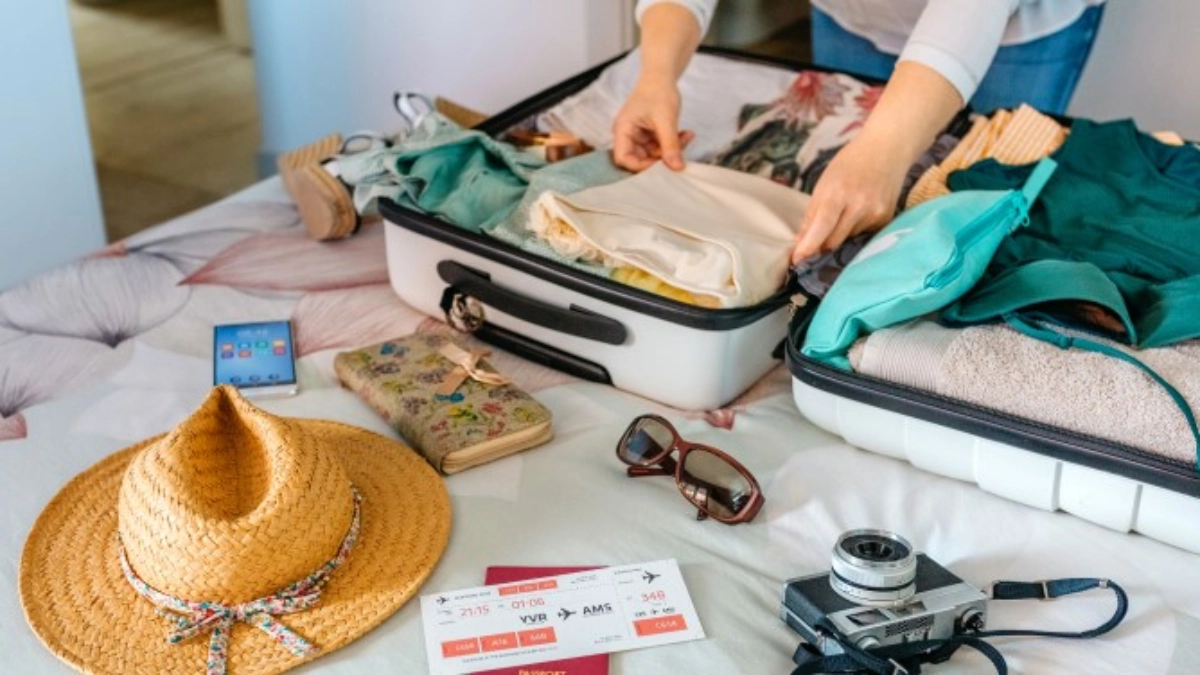Arthritis occurs in many different forms but there are two major types – the wear and tear osteoarthritis, which results from ageing and old sports injuries, and rheumatoid arthritis, an inflammatory type that occurs when the immune system doesn’t work properly.
All forms of arthritis affect the joints. So, if you’re flying, you’ll want to be as comfortable as possible, while also allowing space to stretch to keep your joints from becoming stiff.
Does flying affect arthritis?
Not for everyone. Some rheumatoid arthritis patients find changes in air pressure and climate can affect their symptoms, although this is a personal factor that won’t affect everyone. Ultimately, it’s best to allow extra time when you’re flying and listen to the captain – sit back, relax and enjoy the flight.
Stress can make rheumatoid arthritis worse, so leave plenty of time to get to the airport and allow for any delays that might occur.
Remember that you may request assistance at the airport if you need it. Wheelchair assistance can be requested in advance and you can avoid having to walk between transfers by booking direct non-stop flights.
It would also help to travel from airports you are familiar with. Knowing the distances involved and the layout of the airport will help you plan your time in the airport accordingly.
Meet and greet services offer another way to reduce the distance you have to travel on foot, saving you the hassle of walking from the car park into the airport.
Staying comfortable when flying with arthritis
If you have a walking stick or a cane you can take it aboard the plane. Cabin crew may store it during the flight but you can ring the call bell if you need to use it in-flight.
Buttons for air con and lights are often above the seat, so ask for help if you can’t comfortably reach them. The same goes for the overhead lockers – don’t be afraid to ask for assistance to get your belongings up there, or back out if you need something in-flight.
Use luggage with wheels
Wheeled luggage makes life easier and use a baggage cart or pay a porter if you need additional help at the airport.
Get comfortable on the flight
Pack a few extras to make your flight more comfortable: a neck pillow may help to make the seat more comfortable and a carry-on can be used as a footrest. The cabin crew can bring more pillows, although a few economy airlines may charge for this.
Manage your medication
It’s really important to take medication in your hand luggage. And if possible, try to take a little more medication than you need. This will help cover and delays on your holiday should you experience them.
If you have medication that needs refrigeration during a long flight it’s best to call the airline in advance – cabin crew will be able to keep your medicines cool if needed. A letter from your GP and a prescription will be helpful at the security checkpoint, and is essential if you are carrying liquids over the 100ml allowance.
Book an aisle seat
Pre-book an aisle seat or request the emergency exit so you can stretch out. If you have osteoarthritis, take special care to gently stretch during the flight. Wearing flight socks is a good idea if you are unlikely to get up and walk around.
Rheumatoid arthritis sufferers are more prone to fatigue; dehydration can make symptoms worse, so try to drink more water on the plane, as the cabin air is drier than usual.
Please note: The materials in this post are in no way intended to replace the professional medical care, advice, diagnosis or treatment of a doctor. The article does not have answers to all problems. Answers to specific problems may not apply to everyone. If you notice medical symptoms or have questions on the topics raised in this article, please consult your doctor.
Find out more about declaring your pre-existing conditions here.
Please note: The materials in this post are in no way intended to replace the professional medical care, advice, diagnosis or treatment of a doctor. The article does not have answers to all problems. Answers to specific problems may not apply to everyone. If you notice medical symptoms or have questions on the topics raised in this article, please consult your doctor.


